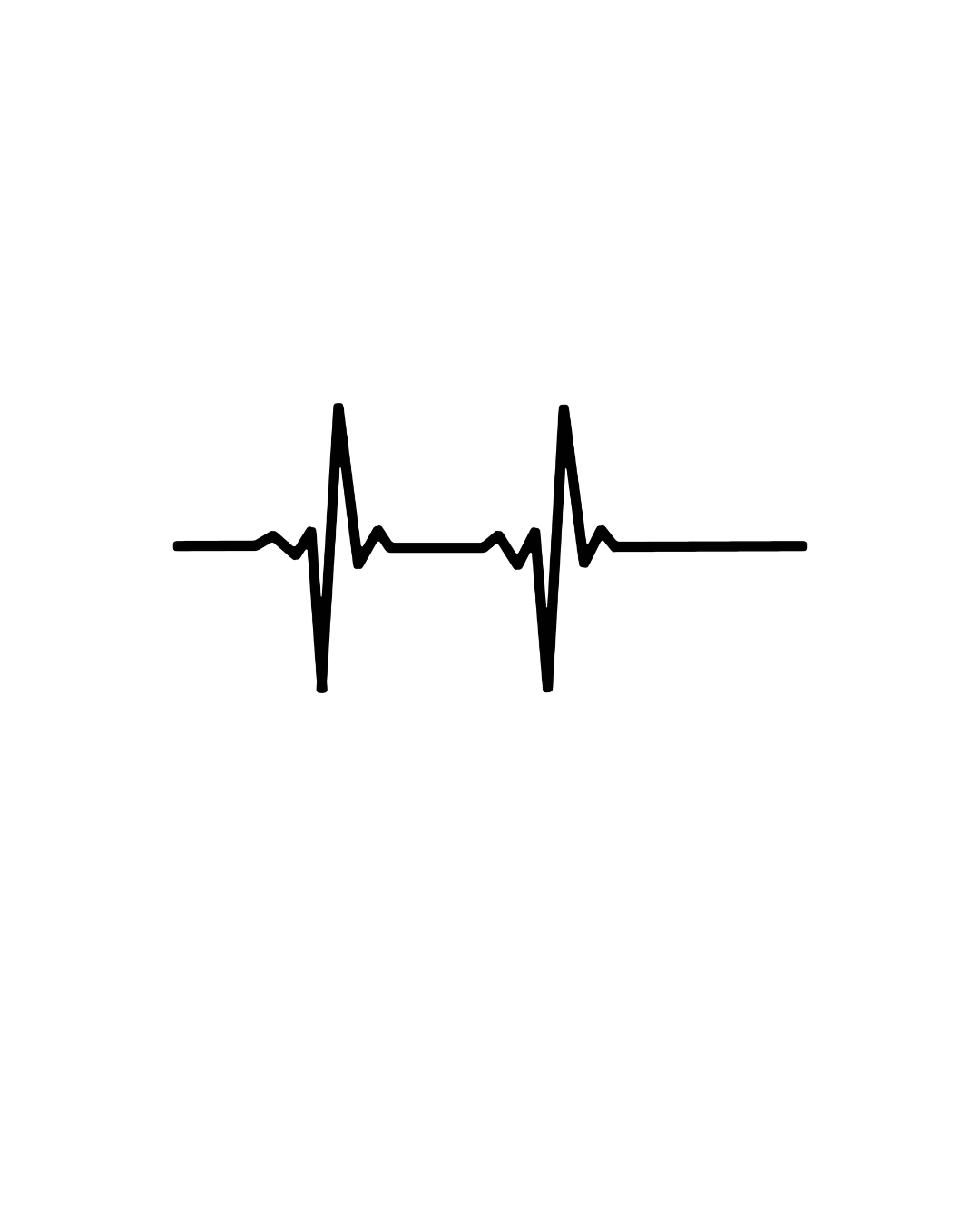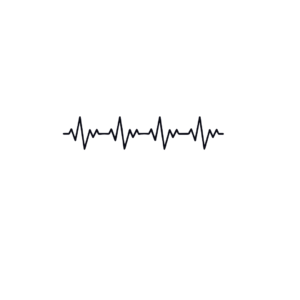Description
Overview of Diploma in ECG Technician
The Diploma in ECG Technician program is designed to train individuals in performing electrocardiograms (ECGs) and in the overall management of cardiac monitoring and related procedures. This program provides students with the essential skills and knowledge needed to work effectively in healthcare settings, particularly in cardiology departments, hospitals, and clinics. Graduates of this program are critical in diagnosing and monitoring heart conditions, contributing significantly to patient care.
Core Areas of Study in the ECG Technician Program
Introduction to ECG Technology
Overview of the role of ECG technicians, the importance of electrocardiography, and the basics of cardiac anatomy and physiology.
Electrocardiography Principles
Understanding the electrical activity of the heart, the conduction system, and the principles underlying ECG readings.
ECG Procedures and Techniques
Training in how to perform ECGs accurately, including proper lead placement, patient preparation, and recording techniques.
Interpretation of ECG Results
Skills for reading and interpreting ECG tracings, identifying normal and abnormal heart rhythms, and recognizing conditions such as arrhythmias and ischemia.
Patient Care and Communication
Approaches to effectively communicate with patients, understanding their concerns, and providing comfort during ECG procedures.
Safety and Infection Control
Training in maintaining a safe environment, including infection control procedures and equipment sterilization.
Cardiac Rehabilitation
Basics of cardiac rehabilitation principles and the role of ECG technicians in monitoring patients during rehabilitation programs.
Basic Life Support (BLS)
Training in emergency response, including basic life support skills to manage potential cardiac emergencies.
Quality Control and Equipment Maintenance
Understanding the maintenance and calibration of ECG machines and ensuring the quality of ECG recordings.
Curriculum Structure
A typical Diploma in ECG Technician program may include:
Core Courses: Key subjects covering ECG principles, patient care, electrocardiography procedures, and interpretation techniques.
Laboratory Practice: Hands-on training in performing ECGs, using equipment, and interpreting readings.
Clinical Rotations: Practical experience in healthcare settings, allowing students to apply their knowledge under supervision.
Elective Courses (if applicable): Options may include specialized topics such as advanced cardiac monitoring or stress testing.
Capstone Project or Internship: A final project or clinical experience that emphasizes the integration of skills and knowledge in clinical practice.
Admission Requirements
Admission to a Diploma in ECG Technician program typically requires:
A high school diploma or equivalent, with a strong foundation in science subjects, especially biology and chemistry.
Minimum GPA requirements may vary by institution but are generally around 2.5 or higher on a 4.0 scale.
Some programs may require letters of recommendation and a personal statement expressing the applicant?s interest in cardiology and patient care.
Skills Developed in the ECG Technician Program
Graduates of the Diploma in ECG Technician program will develop essential skills, including:
Technical Proficiency: Ability to perform ECG procedures accurately and efficiently, ensuring high-quality results.
Interpretation Skills: Proficiency in reading and understanding ECG results, identifying abnormalities, and correlating findings with clinical conditions.
Communication Skills: Effective communication techniques to interact with patients, explaining procedures and addressing their concerns.
Attention to Detail: Precision in following protocols to ensure accurate readings and patient safety.
Emergency Preparedness: Knowledge of basic life support and the ability to respond quickly to emergencies in a clinical setting.
Career Opportunities
Graduates with a Diploma in ECG Technician can pursue various career paths, including:
ECG Technician
Performing ECG tests in hospitals, clinics, and cardiology departments, and assisting in diagnosing heart conditions.
Cardiac Monitor Technician
Monitoring heart rhythms of patients in intensive care units (ICUs) and telemetry units, ensuring timely response to abnormalities.
Cardiovascular Technologist
Assisting physicians with diagnostic procedures related to cardiovascular health, including echocardiograms or stress tests.
Clinical Support Staff
Supporting healthcare teams by providing comprehensive patient care and managing equipment in cardiology settings.
Health Educator
Educating patients and communities about heart health, lifestyle changes, and preventive measures against heart diseases.
Conclusion
The Diploma in ECG Technician program prepares students for a crucial role in cardiac care and monitoring within the healthcare system. By equipping graduates with the necessary skills and knowledge, this program fosters a deeper understanding of cardiovascular health and enhances the quality of patient care. If you have any further questions about the Diploma in ECG Technician program or related topics, feel free to ask!









